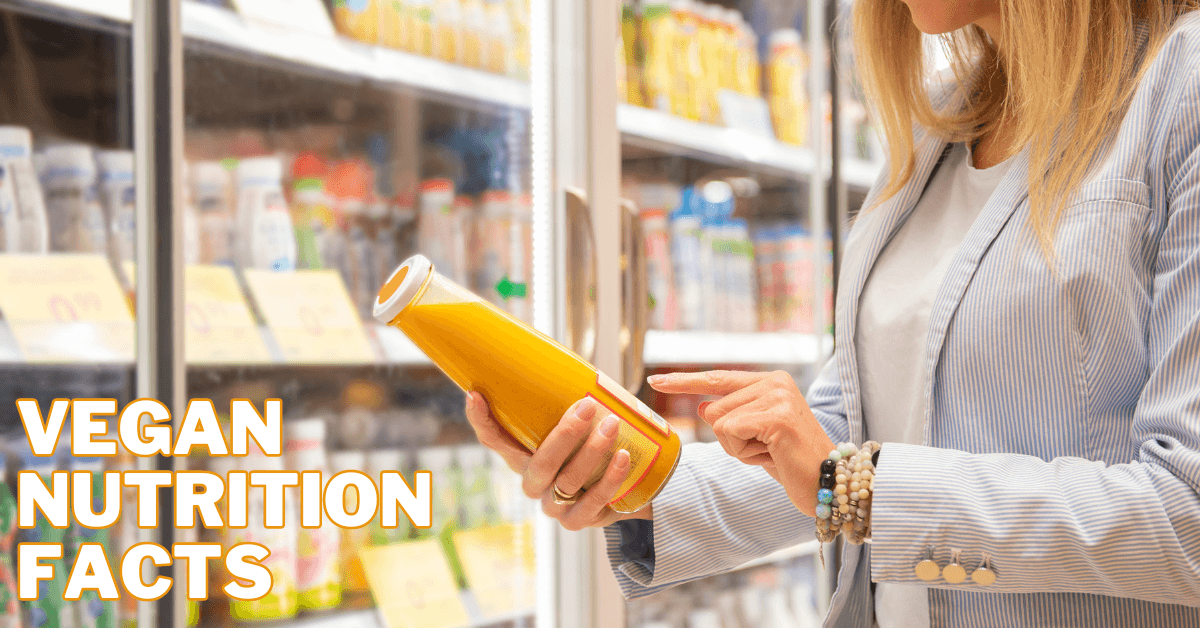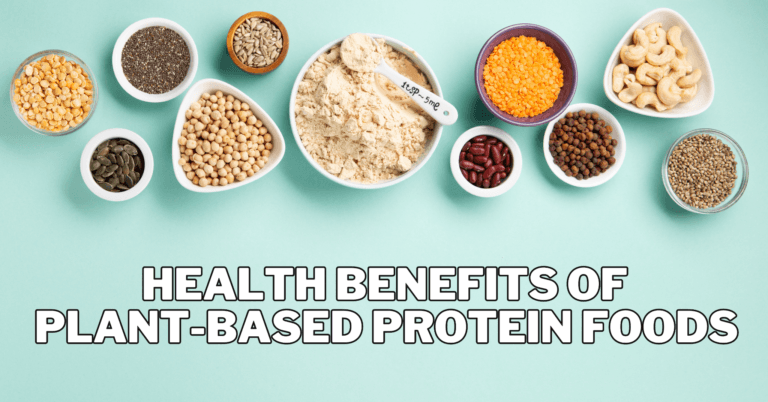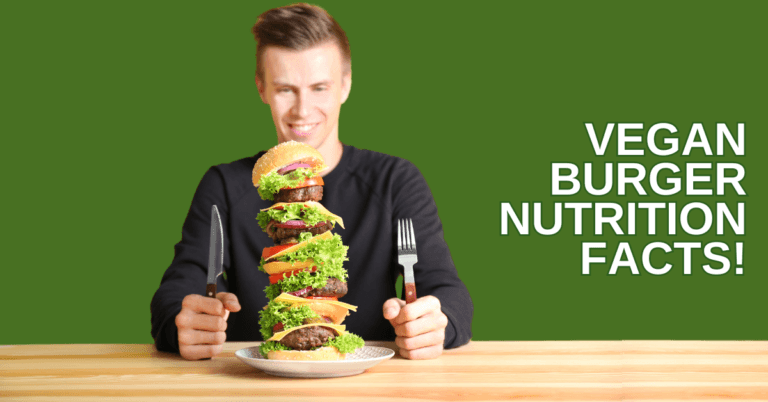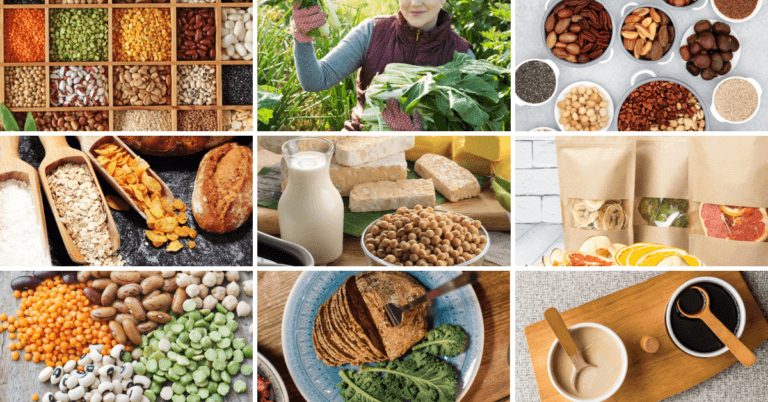Interesting Vegan Nutrition Facts
Interesting Vegan Nutrition Facts
Welcome to a voyage through the colourful world of Vegan Nutrition Facts, where the story embraces the art and science of plant-powered living rather than just providing data points.
Weaving together the nutritional nuances of various vegan diets into a tapestry of vibrant health, ethical consciousness, and culinary delight, we set out on a holistic journey that transcends the conventional in this exploration.
We explore the terrain of vegan nutrition through a distinct lens, from the harmony of hues in nature's abundance to the synergy of plant-based proteins.
Unveiling the secrets behind diverse nutrient profiles and the delicious fusion of flavours, this article is an informational guide and an invitation to savour the richness of a lifestyle that nourishes both body and soul.
Let's delve into the palette of Vegan Nutrition Facts, celebrating the manifold benefits and dispelling myths as we embrace a narrative that reflects the essence of sustainable, compassionate living.
Exploring The Interesting Vegan Nutrition Facts
Transitioning to veganism is more than just changing your diet. It's a complete way of life considering environmental awareness, ethical principles, and health.
Come along on this fascinating journey through Vegan Nutrition Facts, where each bite leads to a more ethical, harmonious, and healthful way of life.
So, let’s get started:
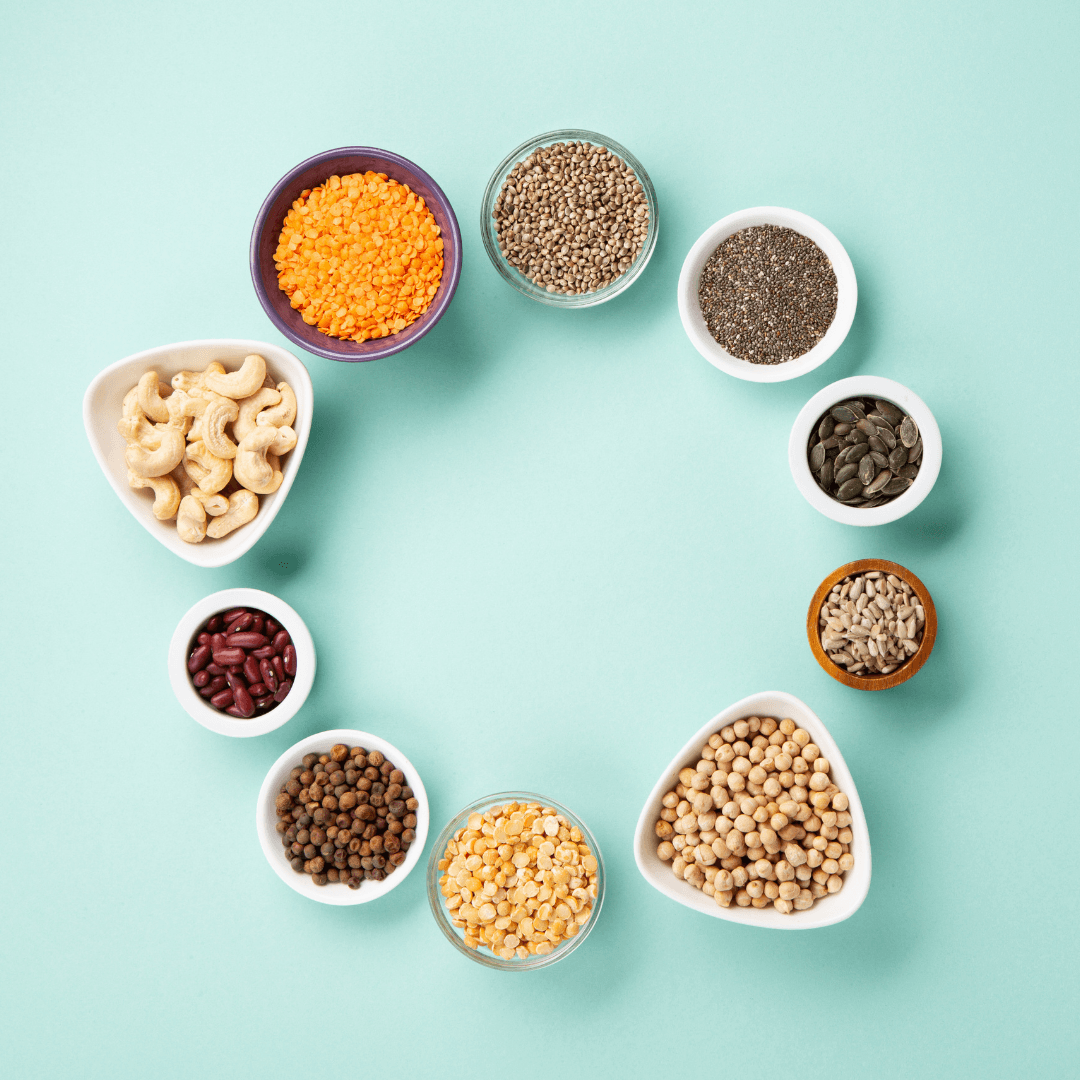
1. Plant-Based Proteins
Plant-based proteins are the cornerstone of vegan diets, offering diverse and nutrient-rich sources that rival their animal-based counterparts.
Legumes, encompassing beans, lentils, and chickpeas, stand out as protein powerhouses, providing protein, fibre, vitamins, and minerals.
Tofu, derived from soybeans, is a versatile protein source that uses various flavours and textures in culinary creations, offering essential amino acids crucial for muscle maintenance and overall health.
Tempeh, another soy-based product, is revered for its robust texture, nutty flavour, protein, probiotics, and nutritional benefits.
Made from wheat gluten, seitan is a meaty-textured, high-protein substitute that's frequently used in savoury recipes.
What distinguishes plant-based proteins is their ability to contribute to a well-rounded diet, offering protein and an assortment of essential nutrients.
Unlike animal proteins, plant-based sources often come bundled with dietary fibre, antioxidants, and phytochemicals, promoting overall health.
The flexibility and variety inherent in plant-based proteins empower individuals to follow vegan diets to meet their protein needs while enjoying various flavours and textures in their daily meals.
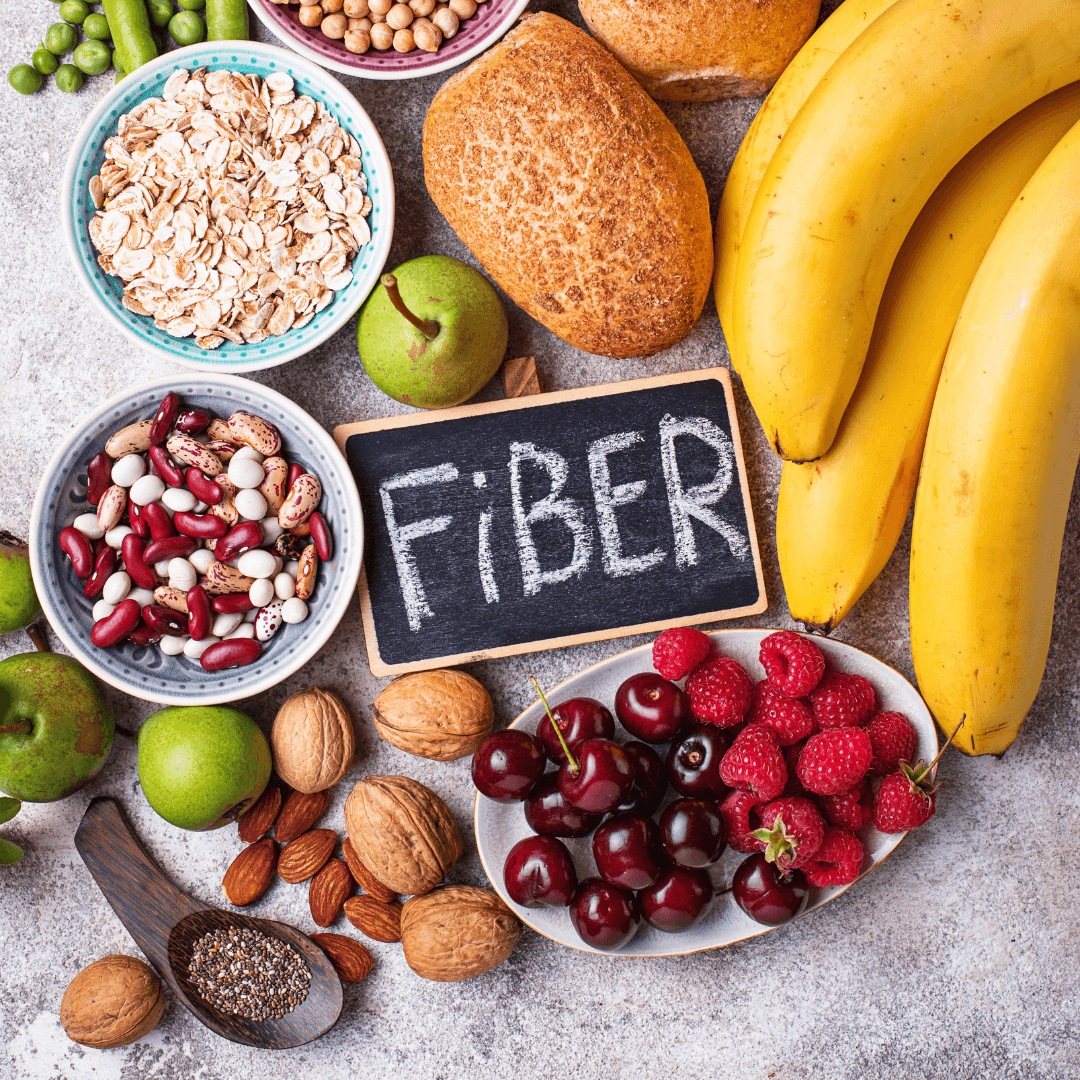
2. Rich In Fibre
The richness of fibre in plant-based diets is a key element that contributes to both digestive well-being and a profound sense of fullness.
Dietary fibre, predominantly found in fruits, vegetables, whole grains, legumes, and nuts, is vital in promoting digestive health.
It promotes a healthy gut microbiome, avoids constipation, and helps maintain regular bowel movements.
There are two types of fibre: soluble and insoluble, each with special advantages. Rich in oats, fruits, and legumes, soluble fibre becomes a gel-like substance when dissolved in water, which lowers cholesterol and helps control blood sugar.
On the other hand, insoluble fibre, found in vegetables and whole grains, adds bulk to stool, facilitating its movement through the digestive tract.
Beyond digestive benefits, the high fibre content in plant-based diets contributes to satiety. Fibre-rich foods take longer to chew and digest, providing a prolonged feeling of fullness.
This characteristic aids in weight management by reducing overall caloric intake and preventing overeating.
In essence, the abundance of fibre in plant-based diets supports digestive health. It enhances the overall dining experience, ensuring that individuals feel satisfied and nourished while embracing the diverse array of nutrient-dense foods that characterize plant-based living.
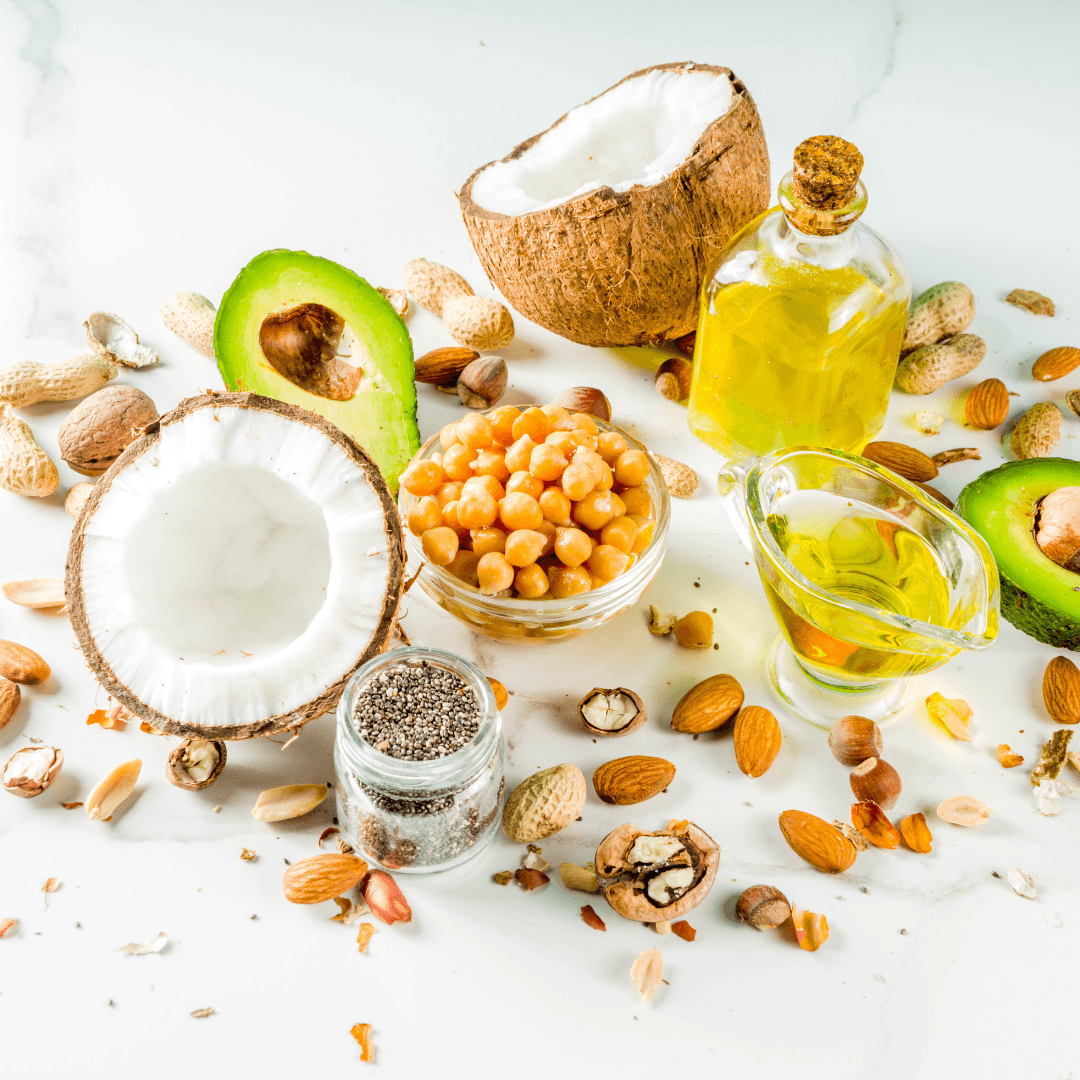
3. Healthy Fats
A well-balanced vegan diet must include healthy fats because they are vital for heart health. Nuts high in monounsaturated and polyunsaturated fats, including omega-3 fatty acids, include walnuts, pistachios, and almonds.
These lipids contribute to a reduction in blood LDL (bad) cholesterol levels and a decreased risk of heart disease.
Flaxseeds, chia seeds, and sunflower seeds are among the seeds that offer a combination of omega-3 and omega-6 fatty acids, making them an additional source of healthy fats.
These fats are well-known for reducing inflammation and helping the heart function at its best.
Avocados, often hailed as a superfood, are abundant in monounsaturated fats. This type of fat is associated with improving cholesterol levels and supporting overall heart health.
Avocados also offer additional nutrients like potassium, which further promotes cardiovascular well-being.
Plant oils derived from olive, flaxseed, and coconut are integral to vegan cooking. High in antioxidants and monounsaturated fats, olive oil lowers oxidative stress and promotes heart health.
Incorporating these sources of healthy fats into a vegan diet enhances the flavour and texture of meals and provides essential nutrients that contribute to overall cardiovascular well-being.
Balancing the intake of healthy fats with various other plant-based foods ensures a wholesome and heart-healthy approach to vegan nutrition.
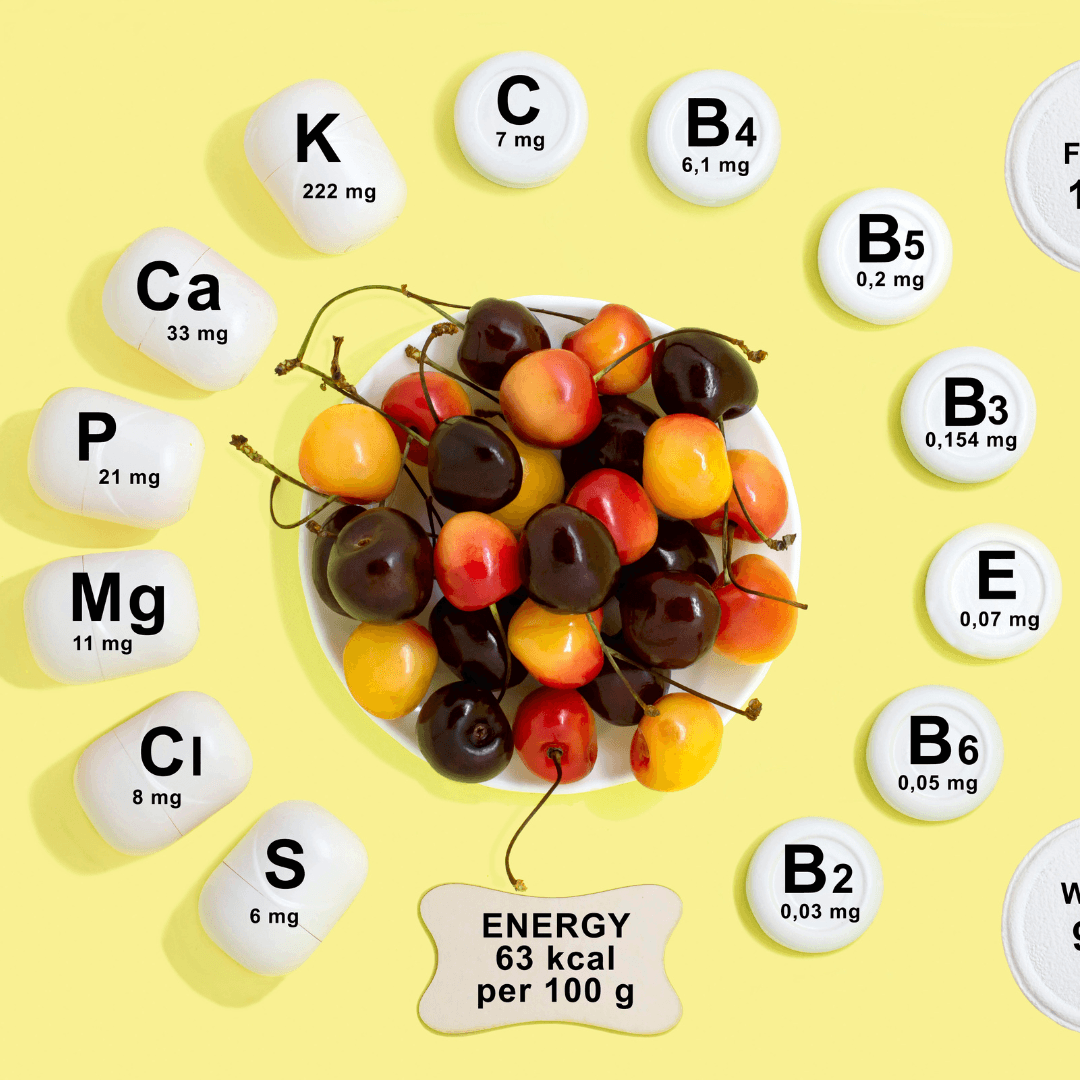
4. Abundance Of Vitamins And Minerals
The abundance of vitamins and minerals in fruits and vegetables, which support overall health and well-being, is a characteristic of plant-based nutrition.
Fruits and vegetables are a great source of vitamin C, which is necessary for producing collagen, boosting the immune system, and providing antioxidant defence against free radicals.
Furthermore, vitamin A, necessary for preserving good skin, eyesight, and immune system performance, is abundant in plant-based diets high in fruits and vegetables.
Vitamin K, which supports blood clotting and bone health, is especially abundant in dark leafy greens like spinach and kale.
Regarding minerals, potassium is prevalent in fruits like bananas, oranges, and avocados.
Adequate potassium intake is associated with healthy blood pressure levels and proper muscle and nerve function.
Magnesium found abundantly in leafy greens, nuts, and seeds, plays a role in over 300 biochemical reactions, contributing to muscle function, nerve transmission, and bone health.
The diverse spectrum of vitamins and minerals in fruits and vegetables showcases the nutritional complexity of plant-based diets.
Various colourful produce ensures a broad range of these essential nutrients, supporting multiple physiological functions and promoting overall health.
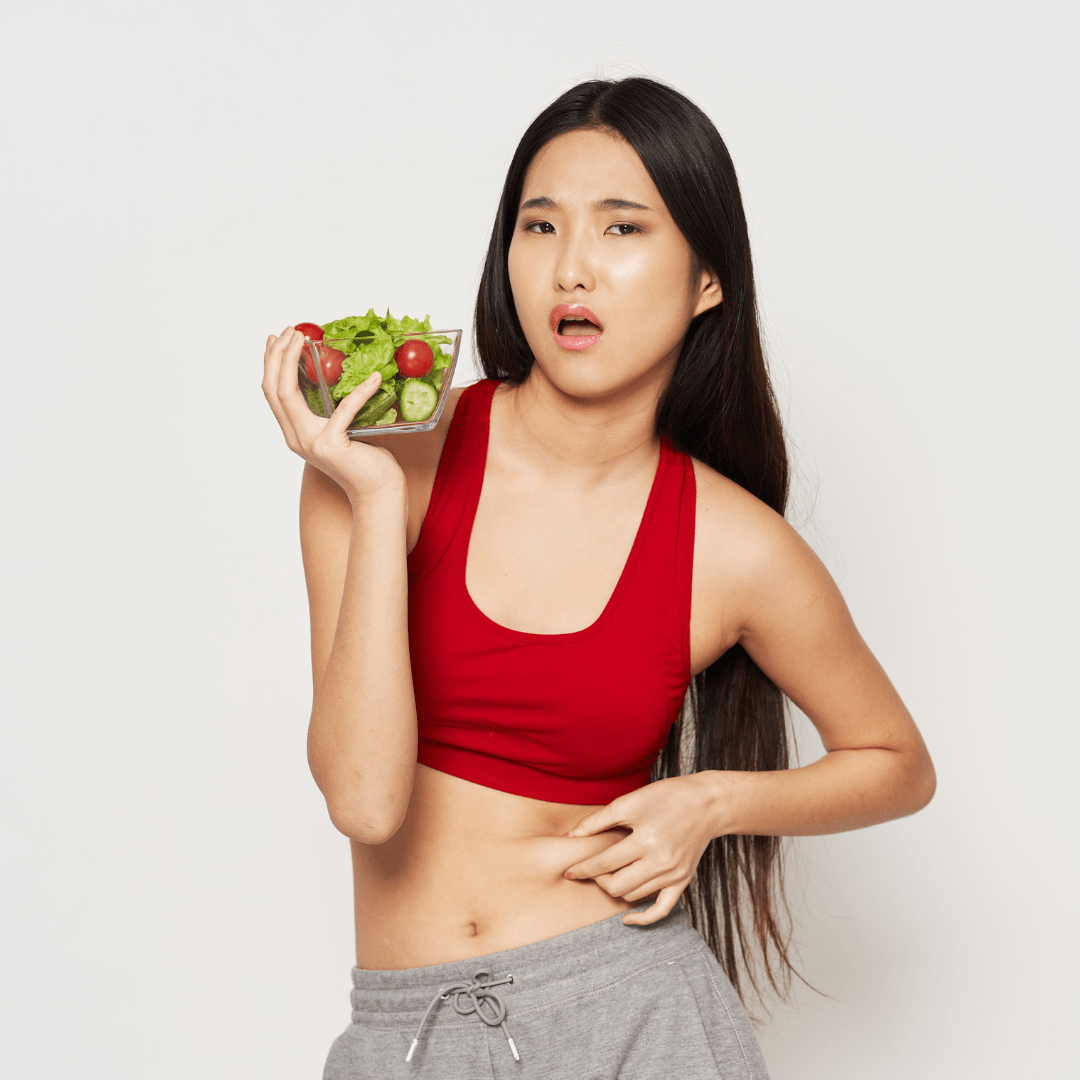
5. Lower Saturated Fats
Vegan diets, characterized by the exclusion of animal products, inherently tend to be lower in saturated fats compared to omnivorous diets. This characteristic holds significant implications for heart health.
Saturated fats, primarily found in animal-based products like meat and dairy, are known to elevate LDL (low-density lipoprotein) cholesterol levels, contributing to atherosclerosis and increasing the risk of cardiovascular diseases.
In a vegan diet, the primary sources of fats are plant-based, such as nuts, seeds, and avocados, and oils derived from plants like olive or coconut.
These fats are predominantly monounsaturated and polyunsaturated, associated with lowering LDL cholesterol and promoting heart health.
Moreover, the absence of red and processed meats in vegan diets eliminates a significant source of saturated fats linked to heart issues.
By emphasizing plant-based whole foods, individuals following a vegan lifestyle naturally reduce their intake of saturated fats and, in turn, create a dietary pattern that aligns with cardiovascular health recommendations.
The lower intake of saturated fats in vegan diets contributes to heart health. It supports overall well-being, emphasizing the positive impact of plant-based choices on reducing the risk of cardiovascular diseases.
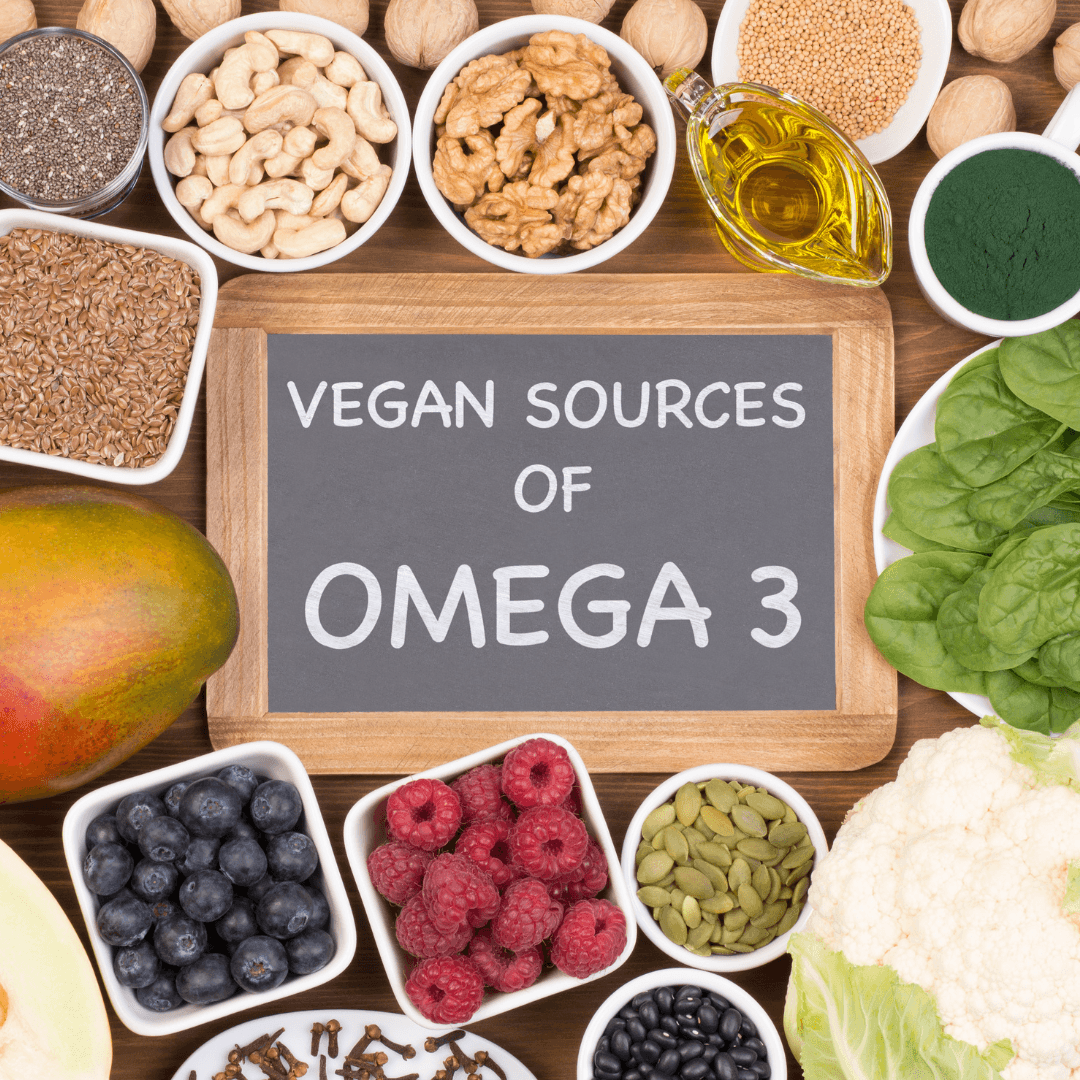
6. Omega-3 Fatty Acids
Omega-3 fatty acids, crucial for brain and heart health, are abundantly present in vegan diets through chia seeds, flaxseeds, and walnuts. These plant-based options offer alpha-linolenic acid (ALA) and omega-3 fatty acids.
Chia seeds are an exceptional source of ALA, providing a convenient way to incorporate these essential fats into various dishes.
Beyond their omega-3 content, chia seeds contribute fibre, protein, and antioxidants, making them a nutritionally dense addition.
Flaxseeds, another powerhouse of ALA, are easily incorporated into smoothies and cereals or used as an egg substitute in baking.
The ALA content in flaxseeds supports cardiovascular health, acting as a precursor to other omega-3 fatty acids like eicosapentaenoic acid (EPA) and docosahexaenoic acid (DHA).
With their unique combination of ALA and antioxidants, walnuts are a tasty snack and contribute to cognitive function and heart health.
Including these nuts in the diet provides a well-rounded source of omega-3s and adds a delightful crunch to various dishes.
By incorporating chia seeds, flaxseeds, and walnuts into a vegan diet, individuals can enjoy the numerous benefits of omega-3 fatty acids, including improved cognitive function and heart health, while adhering to a plant-based lifestyle.
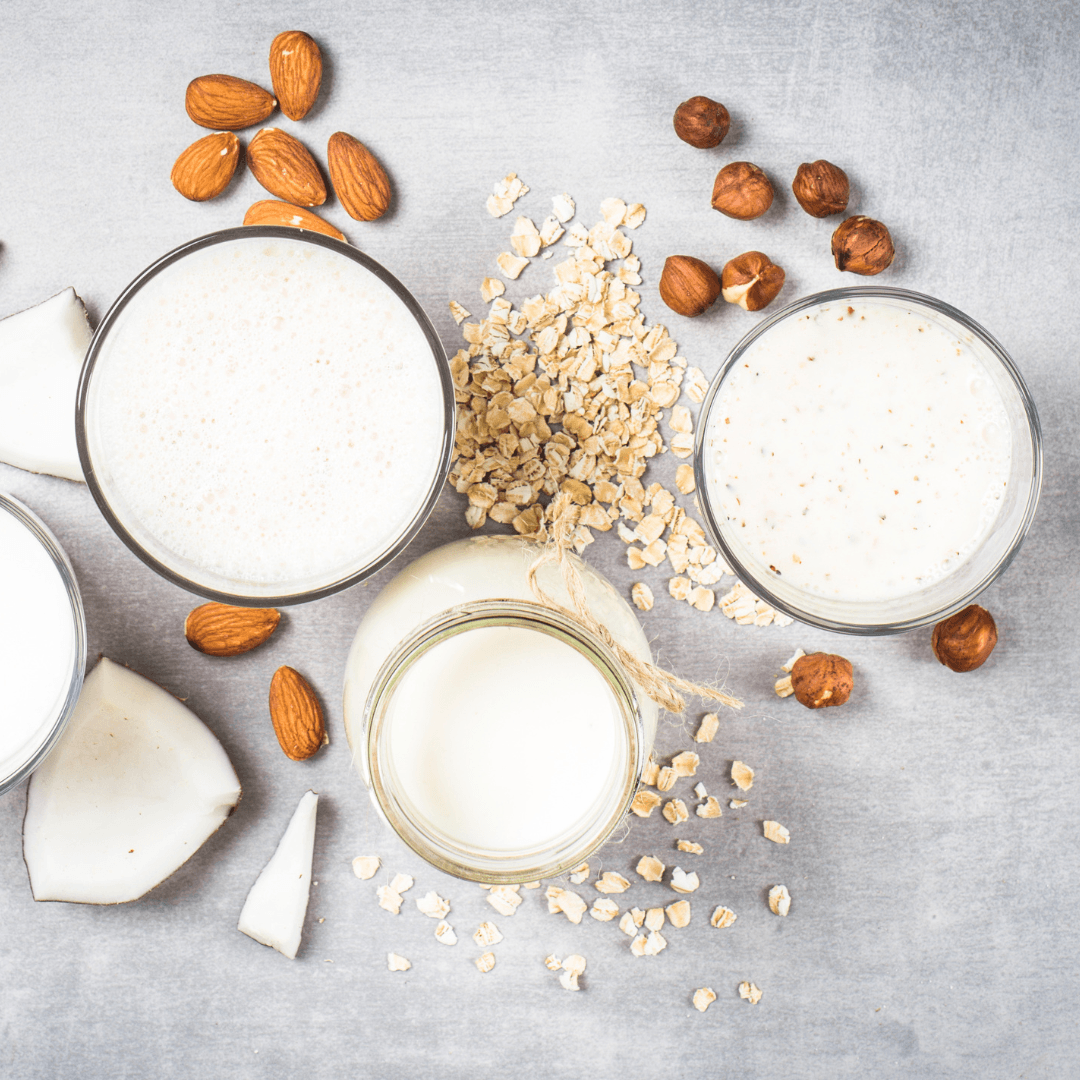
7. Calcium Alternatives
Vegans can maintain optimal calcium intake through fortified plant milk, tofu, and leafy greens, showcasing plant-based alternatives' versatility and nutritional richness.
Fortified plant milk, derived from almond, soy, or oat sources, often provides a calcium content comparable to dairy milk.
These milk are calcium-rich and fortified with other essential nutrients, such as vitamin D, enhancing overall bone health.
Tofu, a staple in many vegan diets, is an excellent source of calcium, especially when it's prepared with calcium sulphate during coagulation.
Whether incorporated into savoury dishes or desserts, tofu contributes to calcium intake, protein, and other nutrients vital for a well-rounded diet.
Leafy greens like kale, bok choy, and collard greens offer bioavailable calcium. These greens diversify the diet with various vitamins and minerals and provide a plant-based solution to calcium needs.
By including these calcium alternatives in their diets, vegans can easily meet their calcium requirements without relying on dairy products.
This approach supports bone health and underscores a well-planned plant-based lifestyle's adaptability and nutritional completeness.
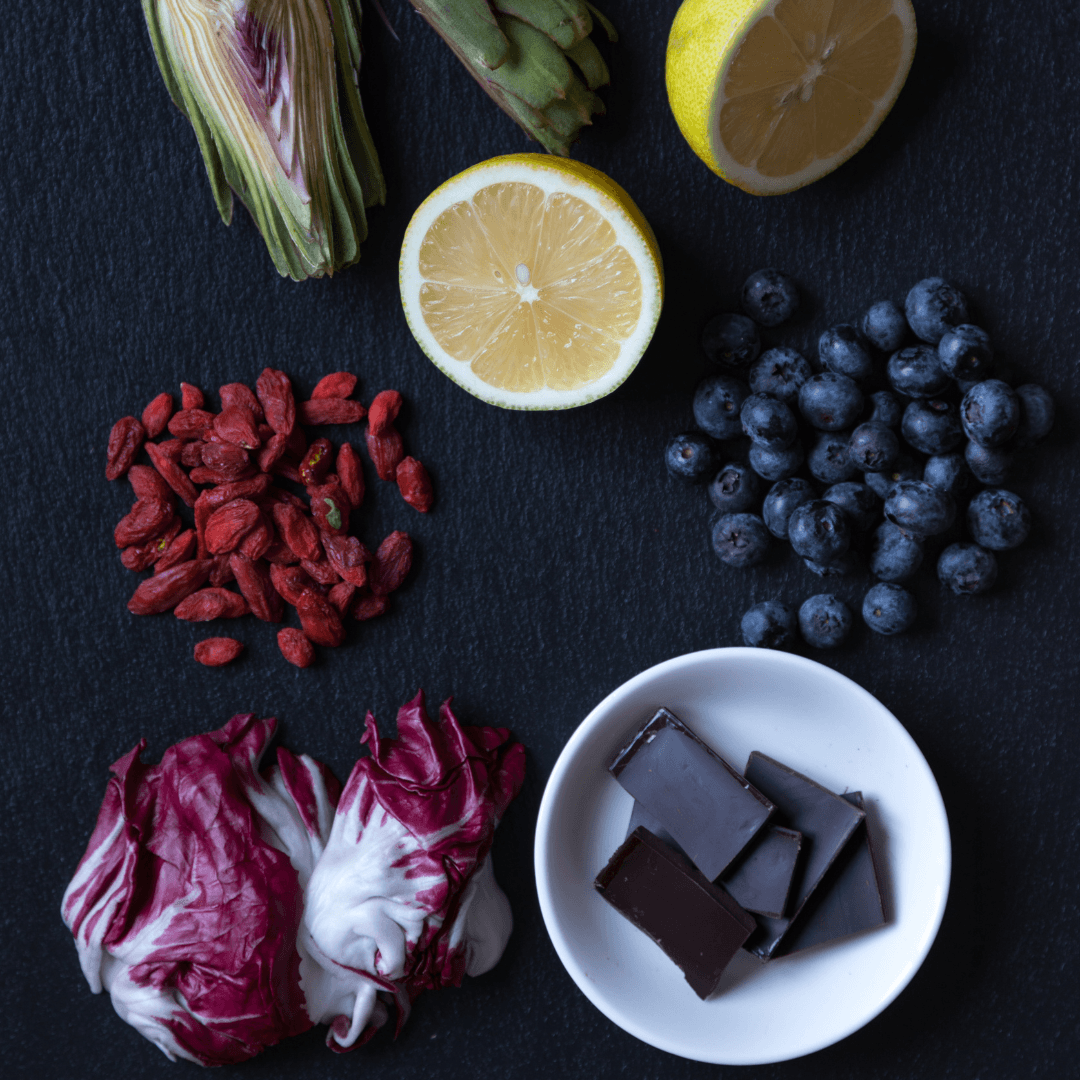
8. Vitamin D Sources
Vitamin D, crucial for bone health and immune function, can be obtained through sun exposure and fortified plant-based foods in a vegan diet.
Exposure to sunlight triggers the synthesis of vitamin D in the skin, making it an invaluable natural source. Spending time outdoors, especially during peak sunlight, produces this essential vitamin.
For those who live in areas with less sunlight or have limited sun exposure, fortified foods become crucial sources of vitamin D.
Plant-based milk, often fortified with vitamin D2 or D3 derived from lichen, provides a dairy-free alternative that supports bone health.
Other fortified foods, including certain breakfast cereals and orange juices, are also available for those seeking additional sources of vitamin D.
Balancing sun exposure with fortified foods allows individuals adhering to a vegan lifestyle to maintain adequate vitamin D levels.
Ensuring a diverse diet that includes these fortified options enables individuals to support their bone health and overall well-being, showcasing the adaptability of vegan diets to meet essential nutritional needs.
Consulting with healthcare professionals can provide personalized guidance on achieving optimal vitamin D levels within a vegan lifestyle.
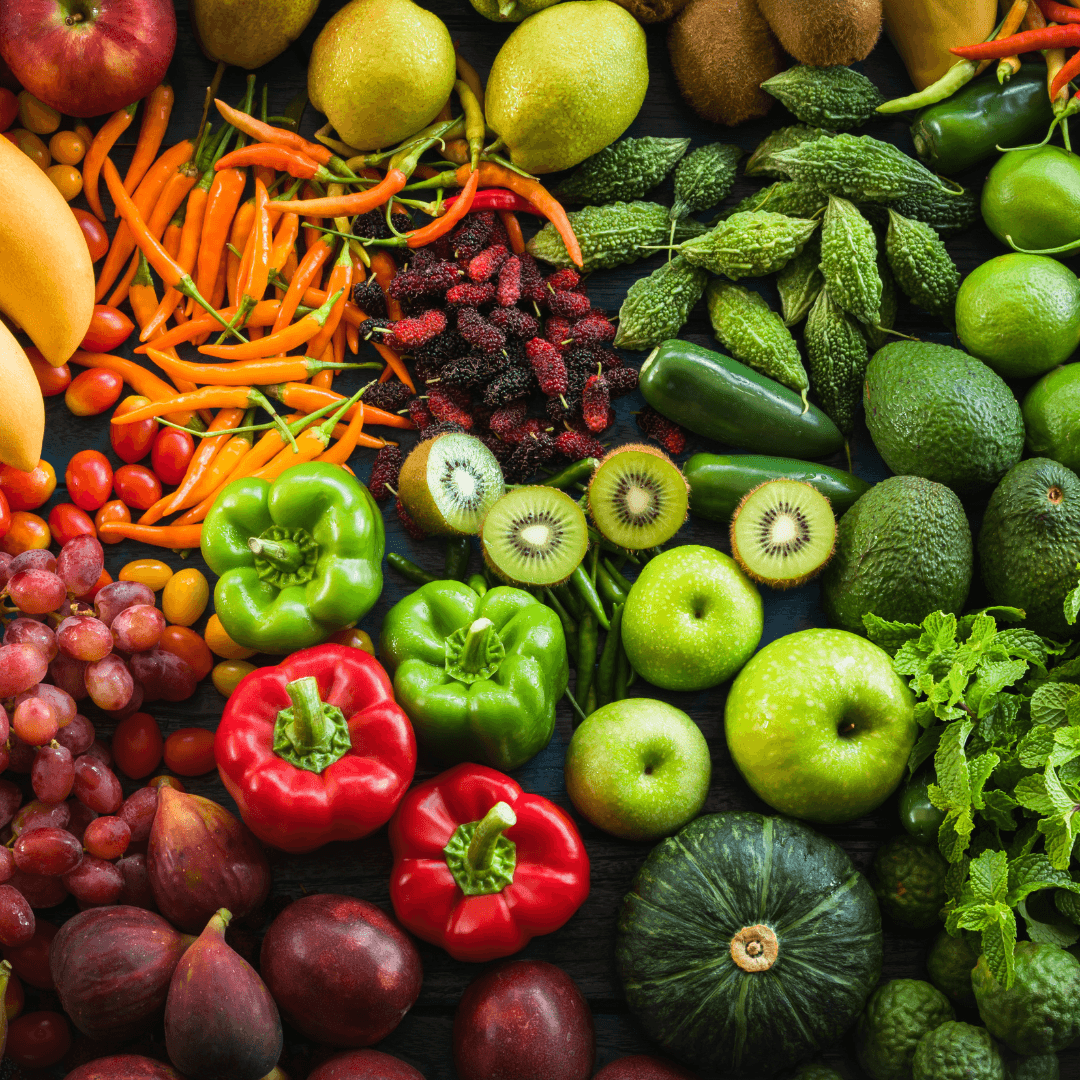
9. Hydration From Plants
The hydration benefits from consuming fruits and vegetables are rooted in their high water content, making them invaluable contributors to overall fluid intake.
Many fruits and vegetables consist of more than 80% water, providing a refreshing and hydrating aspect to the diet.
Water-rich foods such as watermelon, cucumber, strawberries, and lettuce are particularly effective in supporting hydration.
In addition to the water content, these plant-based foods contain essential vitamins, minerals, and antioxidants.
Hydration and nutrient intake contribute to optimal bodily functions, including digestion, circulation, and temperature regulation.
Furthermore, the fibre in fruits and vegetables enhances the body's ability to retain water and maintain hydration.
The colourful array of fruits and vegetables adds variety to the diet and ensures a pleasurable and flavorful approach to staying hydrated.
While water remains a primary source of hydration, incorporating water-rich plant foods provides a dual benefit, offering essential nutrients and fluid replenishment.
This natural and hydrating quality of plant-based foods underscores their significance in promoting overall well-being and highlights the holistic approach to hydration within a plant-centric lifestyle.

10. Antioxidant-Rich Foods
Foods high in antioxidants, like berries, dark greens, and colourful vegetables, are essential for maintaining general health because they fight oxidative stress and enhance cellular health.
Quercetin and anthocyanins, two powerful antioxidants, are found in berries, such as strawberries, raspberries, and blueberries.
These substances have been connected to better cardiovascular health, decreased inflammation, and enhanced cognitive function.
Dark leafy greens like spinach and kale are rich in antioxidants like vitamins A, C, and E and minerals like selenium. These antioxidants contribute to immune support, skin health, and protection against free radicals.
Colourful vegetables, such as bell peppers, carrots, and tomatoes, provide diverse antioxidants, including carotenoids and flavonoids.
These compounds offer protection against oxidative damage, promote eye health, and may reduce the risk of chronic diseases.
The synergistic effect of these antioxidant-rich foods contributes to a holistic approach to health, fostering a resilient immune system and mitigating the impact of environmental stressors on the body.
Incorporating various colourful plant foods into the diet ensures a broad spectrum of antioxidants, showcasing the vibrant and flavorful aspects of a plant-based lifestyle that goes beyond mere sustenance.
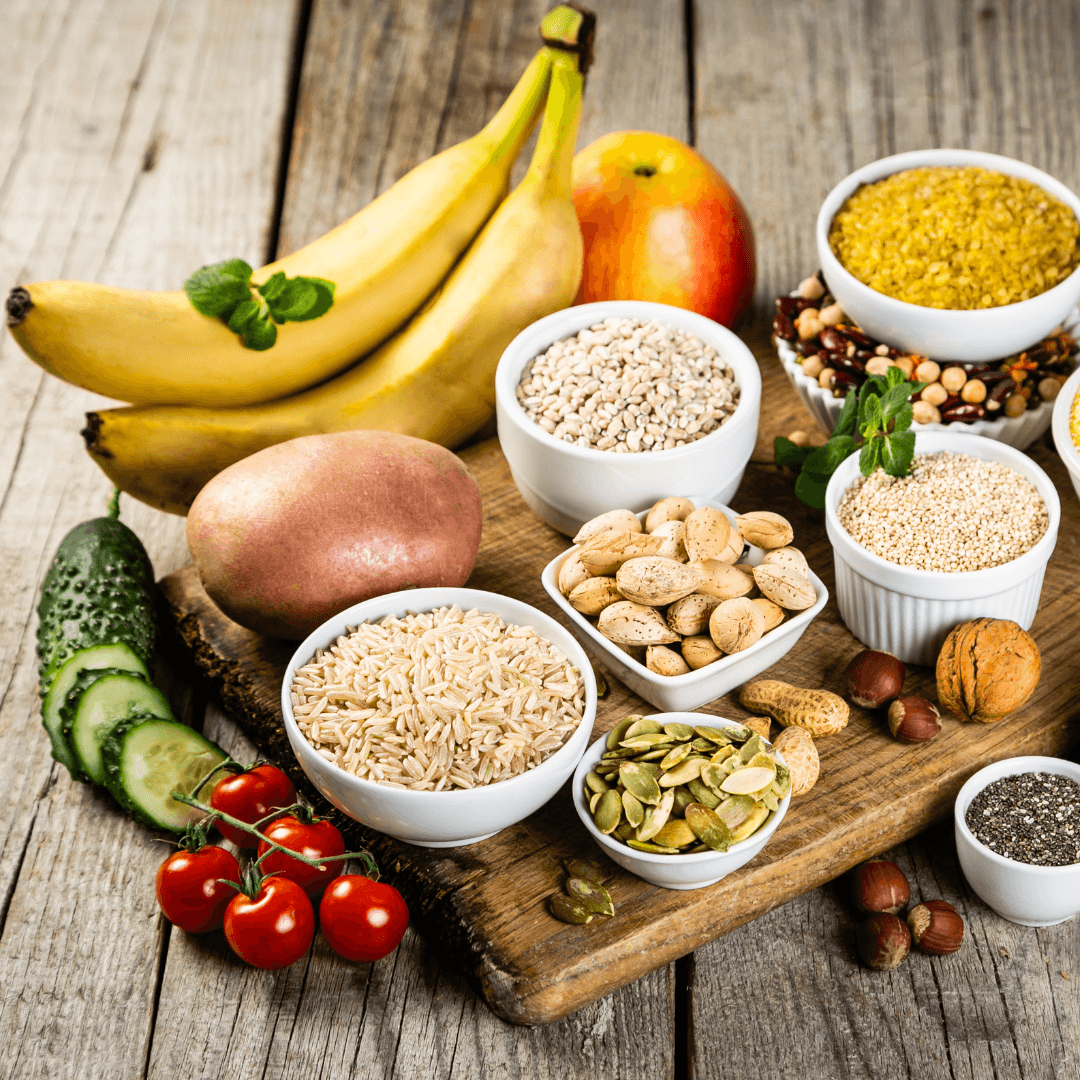
11. Plant-Based Iron Sources
Plant-based diets offer diverse iron sources, showcasing that beans and leafy greens are not the sole contributors.
Lentils, a versatile legume, are rich in iron and provide an excellent plant-based protein source. Their iron content is complemented by fibre, enhancing digestion and overall gut health.
Tofu, a soy-based product, is a valuable iron source in the plant-based repertoire. With its adaptable texture and ability to absorb flavours, tofu adds nutritional value and culinary versatility to iron-rich meals.
Dried fruits, such as apricots, raisins, and prunes, are concentrated sources of iron and serve as convenient and portable snacks.
They offer a natural sweetness and iron, making them a nutrient-dense addition to a plant-based diet.
The diversity of plant-based iron sources exemplifies the adaptability and nutritional completeness inherent in vegan eating, showcasing key aspects of vegan nutrition facts.
Including lentils, tofu, dried fruits, beans, and leafy greens provides a diverse range of iron-rich options.
Moreover, consuming vitamin C-rich foods alongside these iron sources enhances absorption, ensuring that individuals following a plant-based lifestyle can meet their iron needs for optimal health and vitality.

12. Children And Vegan Diets
Ensuring children thrive on a vegan diet involves meticulous planning to meet their unique nutritional needs for optimal growth and development.
Key nutrients of concern include protein, iron, calcium, vitamin D, vitamin B12, and omega-3 fatty acids.
Plant-based protein sources like grains, beans, lentils, and tofu can give kids enough protein.
Plant-based sources such as lentils, fortified cereals, and leafy greens can partly meet their iron needs.
Foods high in vitamin C can improve iron absorption. Leafy greens, tofu, and fortified plant milk are good sources of calcium, which is important for healthy bones.
Vitamin D, essential for bone development, may require supplementation or fortified foods, especially in regions with limited sunlight exposure.
Vitamin B12, primarily found in animal products, needs supplementation or fortified foods to prevent deficiency.
Omega-3 fatty acids, vital for brain development, can be sourced from flaxseeds, chia seeds, and walnuts.
A well-planned vegan diet, possibly with the guidance of a healthcare professional, ensures that children receive all essential nutrients for their unique growth phases, emphasizing the feasibility and safety of a thoughtfully constructed vegan lifestyle for the younger generation.

13. Mindful Snacking
Mindful snacking is integral to a well-rounded vegan eating plan, offering a delightful and nutritious way to curb hunger between meals.
Nuts and seeds high in essential vitamins, minerals, proteins, and healthy fats include walnuts, almonds, chia, and pumpkin seeds.
These nutrient-dense snacks contribute to satiety, promoting a sense of fullness while providing a sustained energy boost.
Fruits, including apples, berries, and oranges, offer a sweet and refreshing alternative for mindful snacking. Packed with fibre, vitamins, and antioxidants, fruits satisfy cravings and support overall health and well-being.
The combination of nuts, seeds, and fruits in snacks creates a harmonious blend of flavours, textures, and nutritional benefits.
The healthy fats in nuts and seeds contribute to heart health, while the fibre in fruits aids digestion and promotes gut health.
Choosing whole, minimally processed snacks aligns with the principles of vegan nutrition, emphasizing the consumption of plant-based, nutrient-rich foods.
Mindful snacking nourishes the body and adds enjoyment and variety to the vegan eating experience, making it a satisfying and health-conscious part of daily dietary habits.
Conclusion
In conclusion, exploring Vegan Nutrition Facts unveils a tapestry of health, sustainability, and ethical consciousness.
The journey through diverse plant-based diets, rich in proteins, fibres, healthy fats, vitamins, and minerals, showcases veganism's adaptability and nutritional completeness.
Veganism extends beyond personal health, promoting environmental sustainability and ethical considerations. Individuals contribute to a more compassionate and eco-friendly world by choosing plant-powered nourishment.
As the demand for vegan alternatives rises, so does the awareness of the profound impact of dietary choices on personal health, the planet, and animal welfare.
Embracing the vegan nutrition facts invites us to savour the vibrant flavours of plant-based living and embrace a lifestyle that aligns with our values, fostering a healthier, more compassionate, and sustainable future.
I trust you enjoyed reading the article on the Interesting Vegan Nutrition Facts. Please stay tuned. More blog posts will be posted very shortly.
JeannetteZ
>>> Please click here to read my Vegan Travel Guides To World Destinations <<<
>>> Want To Learn How To Create Delicious, Cruelty-Free, Healthy AND 100% Vegan Meals? Try These Awesome Vegan Cooking Courses With A Free 7-DAY MEMBERSHIP<<<
Your Opinion Is Important To Me
Do you have thoughts, ideas, or questions? I would love to hear from you. Please leave me your questions, experiences, and remarks about the Interesting Vegan Nutrition Facts in the comments section below. You can also email me at Jeannette@LivingTheVeganLifestyle.org.
Disclosure
This post may contain affiliate links. I earn from qualifying purchases as an Amazon Associate and other affiliate programs. Please read my full disclosure.
Here are some links to some of my favourite articles:
Vegan vs Vegetarian Is One Better Than The Other
Top Health Reasons To Go Vegan

